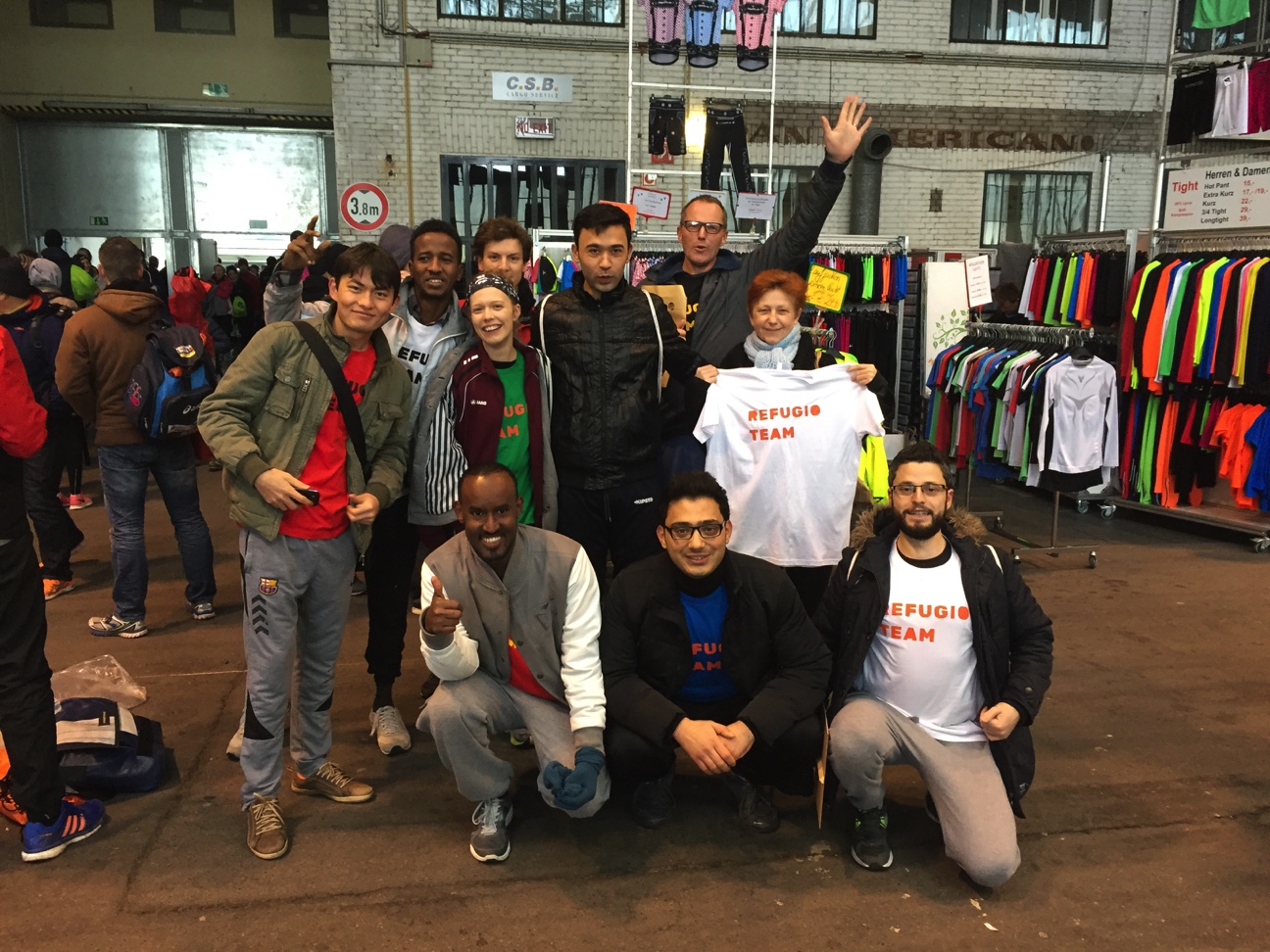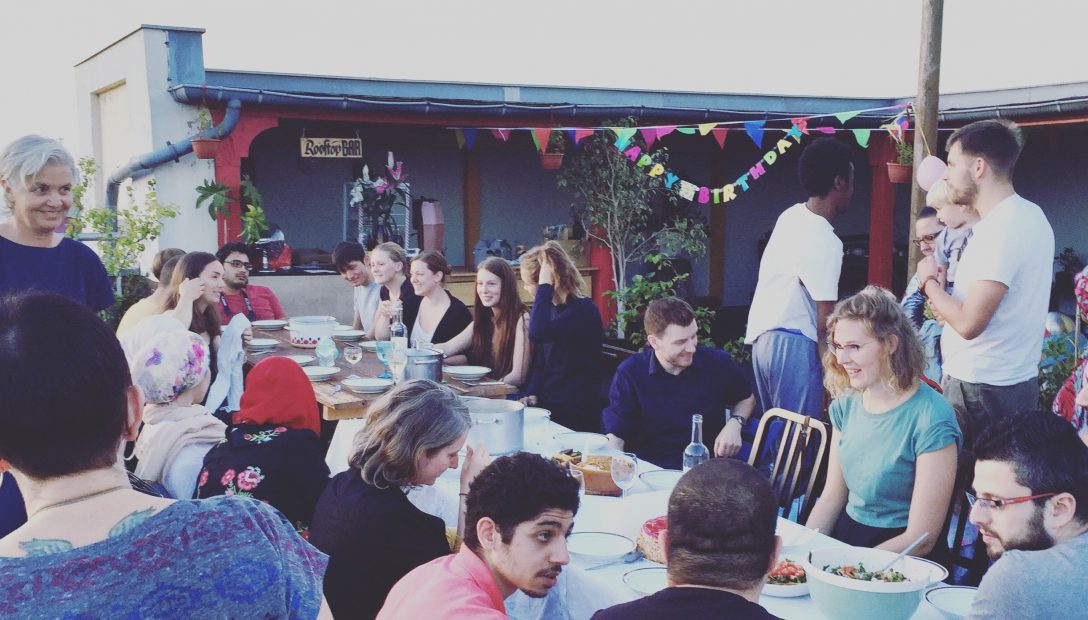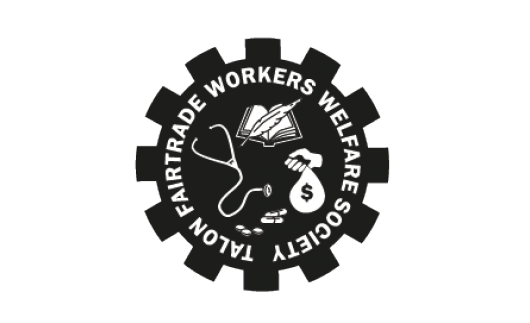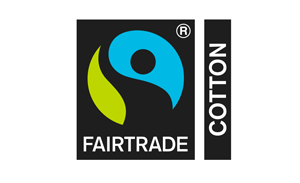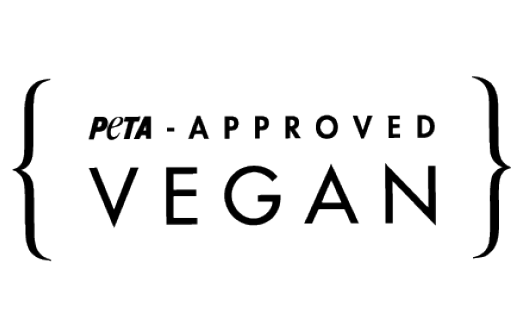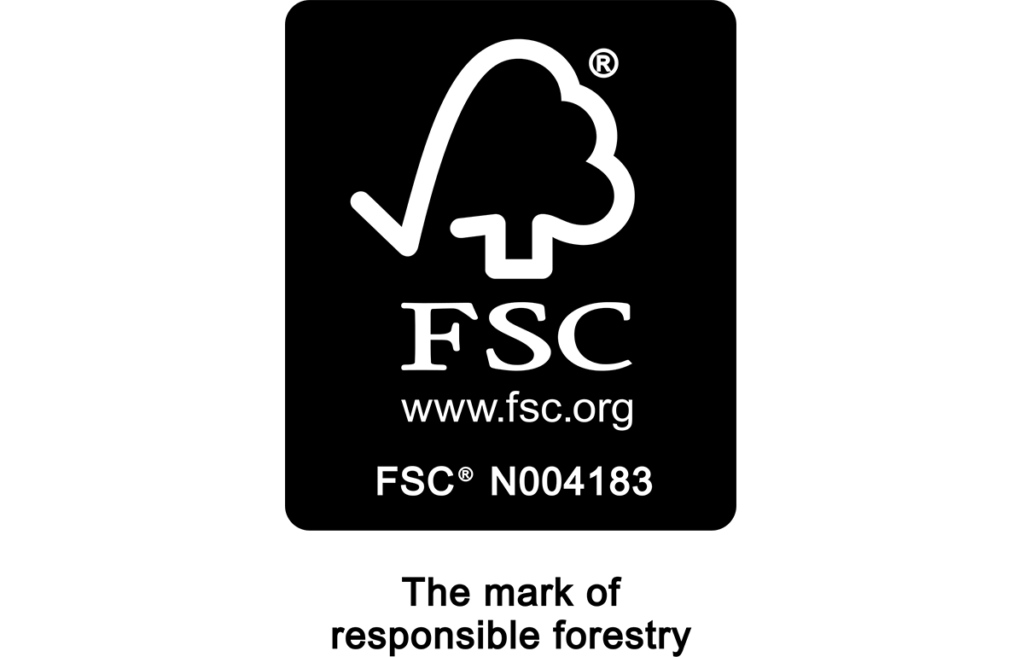
The goal is to promote and further the potential of every individual and the community: In Berlin, a “Sharehouse” helps refugees to gain ground in their new environment while offering interesting stimuli to the neighborhood. What sounds like utopia has been brought to reality by Sven Lager in 2015. He fills us in on his philosophie of “simply doing it”.
Text: Esther Suave
The own breath changes into damp in the icy winter-night in Berlin-Neukölln. The cold wind carries the smell of burning charcoal. A typical pave-stone road leads to a bright sign with simple letters at the historical entrance.
‘Refugio’ is written on it.
‘Refugio’ means shelter, the latin origin also described a place in a walled city, where sisters and brothers could seek asylum when their monastery was in danger during war.
Since spring 2015 40 people find shelter in ‘Refugio’, a former home for the elderly in an historical Berlinese building.
20 people that lost their home or were forced to flee their home-country share the ‘Refugio’ with 20 locals who are looking for a new life and new communities.
The Refugio provides refuge, community and renewal for wanderers of different cultures.
This sharehouse concept was created by Sven Lager and Elke Naters and it’s not their first but third sharehouse. They created the „Refugio“ on behalf of the Berlin City Mission (Berliner Stadtmission), a Christian organisation that supports people of ALL social classes since 1877.
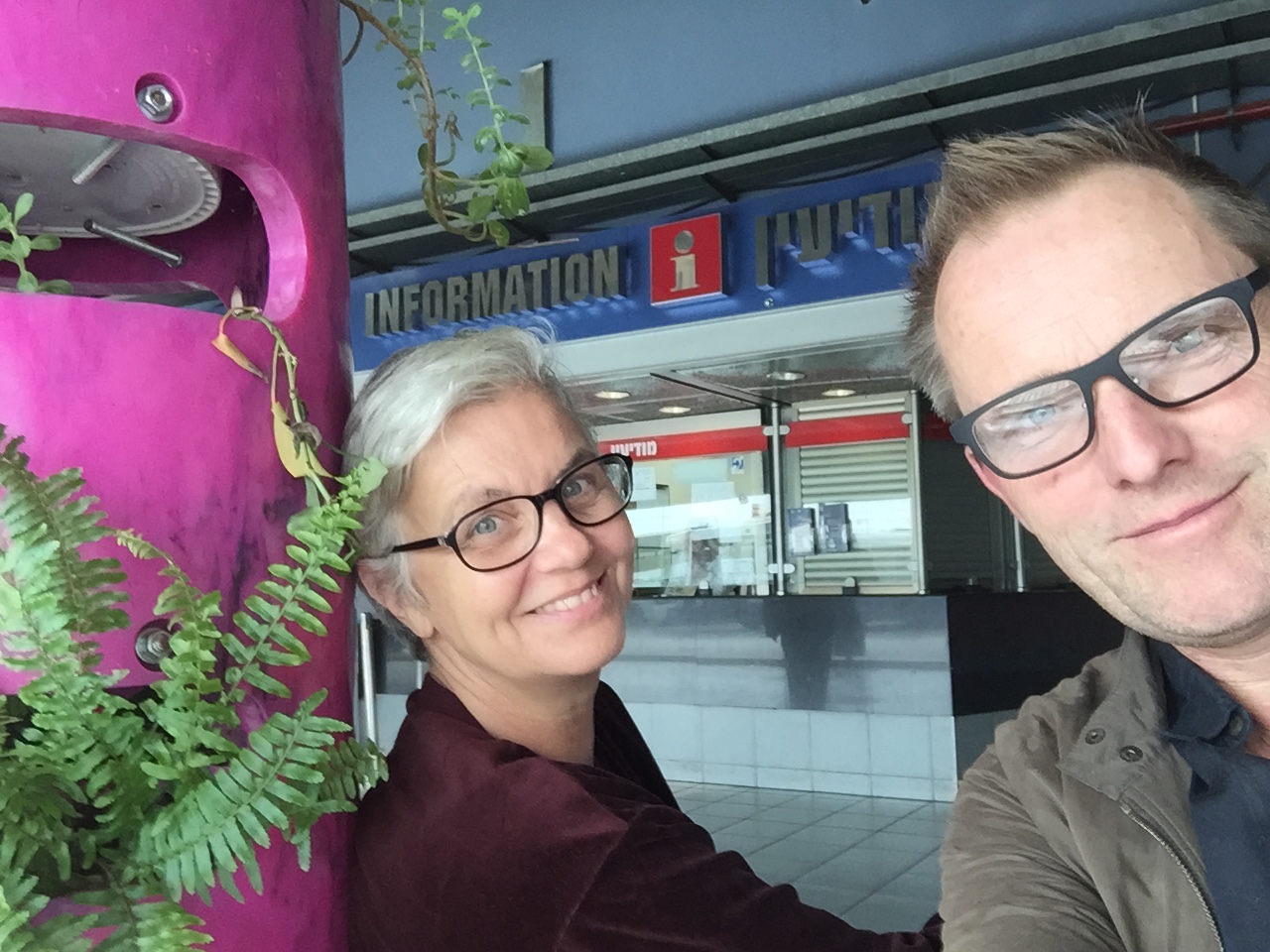
“Since the beginning the idea was to promote and further the potential of every individual and the community. We lived in South Africa for 10 years and wanted people to unite and learn from each other. People, that were separated by Apartheid. A lot of young people gathered in our first Sharehous in Capetown”,
Sven says.
Sharing enriches. The sharehouse in Southafrica was a great success, the ‘Hermanus’ in Kreuzberg followed and in 2015 the Sharehouse ‘Refugio’ in Neukölln was born.
Nobody is poor or unable, nobody needs to self-optimize, we will live in affluence when we start giving in community.
Every resident of the ‘Refugio’ contributes his unique talents and knowledge 10 hours/weekly to the collective. The ones who don’t know their talents yet are invited to explore and find out.
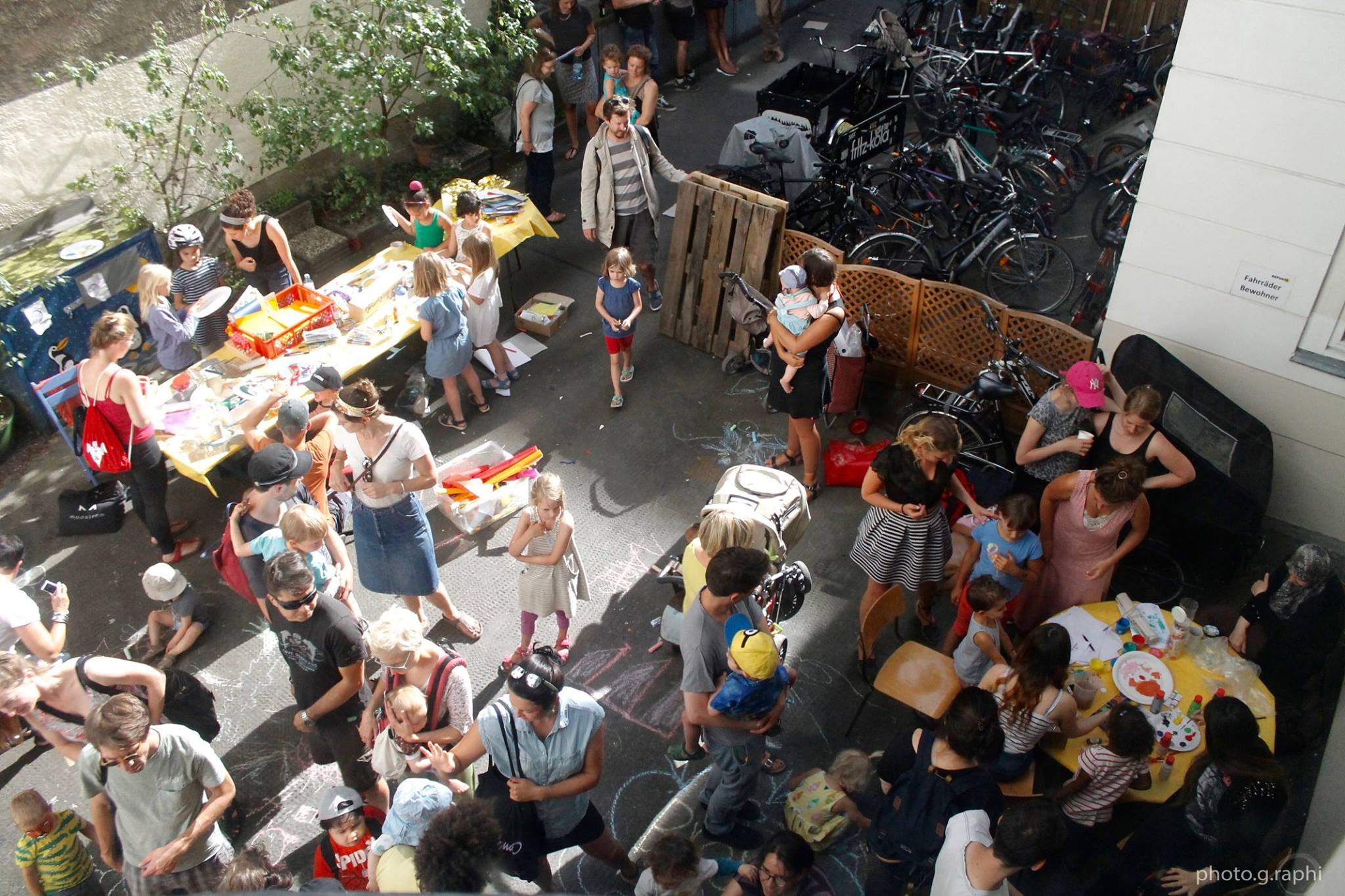
In the collective garden on the roof, the ‘Barista’ Cafe, where residents and visitors come together, learn languages and enjoy the creative community or even practice craftsmanship in the bike repair ‘Rückenwind’.
The residents also created a Syrian Brunch and invite to movies regularly.
With the initiative ‘Give something back to Berlin’ volunteers can dedicate their social and creative abilities to the community.
Everyone is precious and everyone needs a mission to grow with. Fortunately Germany welcomed newcomers that were forced to flee their homes, but didn’t work with the potential. Refugees are without hope because they are not needed, but they are indeed very important for us and we DO need them. We (in German politics) tend to solve problems ourselves. It would be much easier solving it WITH the refugees.

In the Refugio nobody has to sleep in a huge gymnasium, every resident has it’s own room with a private bathroom. In the common kitchen residents cook together and exchange stories. They gather for a dance at the Syrian Dance Evening or the worship service in the spacious hall with a colourful window and an organ. In the cosy café Somalians, Bosnians, Syrian, Palestinians and Iraqis learn German together. The value of society and social responsibility is as important as the individual.
“The response is very positive, the neighbourhood is very international. A very popular initiative is ‘Kiezkochen’ – refugees cook for the elder people of the district Kreuzberg and chat with each other”,
Sven explains. Muslims, sceptics, christians and atheists live under one roof – peacefully. Who cleans the kitchen or doesn’t has more potential for a conflict than the belief of the residents. Mutual interest and respect are key.
After 12-18 month of creative community, workshops and coaching the residents leave their ‘Refugio’, often with a heavy heart. But also strengthened, with a lot of new friends and with a vision. Some even successfully applied for university or an apprenticeship.
2017 Sven Lager and Elke Naters handed the ‘Refugio’ to ‘Berlin City Mission’ with theologian Dr. Harut Harutyunyan as the new director.
The inspiring couple is already planning new projects.
“The Refugio offers only single rooms, so everyone is looking for apartments. We are searching for eligible houses where former Refugio residents can ideally move together as family.”
Also part of the plan is a community in the countryside.
“In the near future we hope new Sharehouses can be established in the country side with families, young creatives, parents, newcomers, pensioners, skilled, educated and talented. Rebuilding communities around Berlin, where youth, work and hope have left many villages since the reunification (of Germany).”
‘Riace’, an Italian commune, set an example by saving it’s village from rural exodus reviving it with the help of refugees. And it’s not the only successful example. The abandoned villages profit from healthy family structures and the increase of inhabitants revives the local economy.
The refugees become a part of the welcoming community and enrich it with their handicrafts and academic and personal abilities. The so called ‘refugee crisis’ turns into a blessing. This integrative concept is not new but seems forgotten in Germany.
In 2015 the word ‘refugee crisis’ flooded our media, embarrassing political parties abused the refugees for their manifesto. The alarmingly high number of refugees drowning in the sea raises daily and it sadly seems like people just recognize them without any outrage.
It’s hard not to feel lost confronted with such hopelessness.
What can every single one of us do to show people that lost their home that they are needed and welcome in Germany? Sven says:
“We are in phase 2, in the beginning we welcomed refugees in Germany. But too many newcomers feel isolated, lose hope in emergency accommodations or feel useless, although all of them could be part of a better and more even-handed society. For sure we still need eligible accommodation, good neighbourhood and we have to practice ethics and values, to debate, to ask, to learn. Seems complicated but everyone can practice this on a daily basis. I always thought that the best solution is to simply DO.
If every single one of us just becomes friend of one family that feels foreign it will already change a lot. And creating a sharehouse isn’t hard either, we are happy to help founding more sharehouses.”
